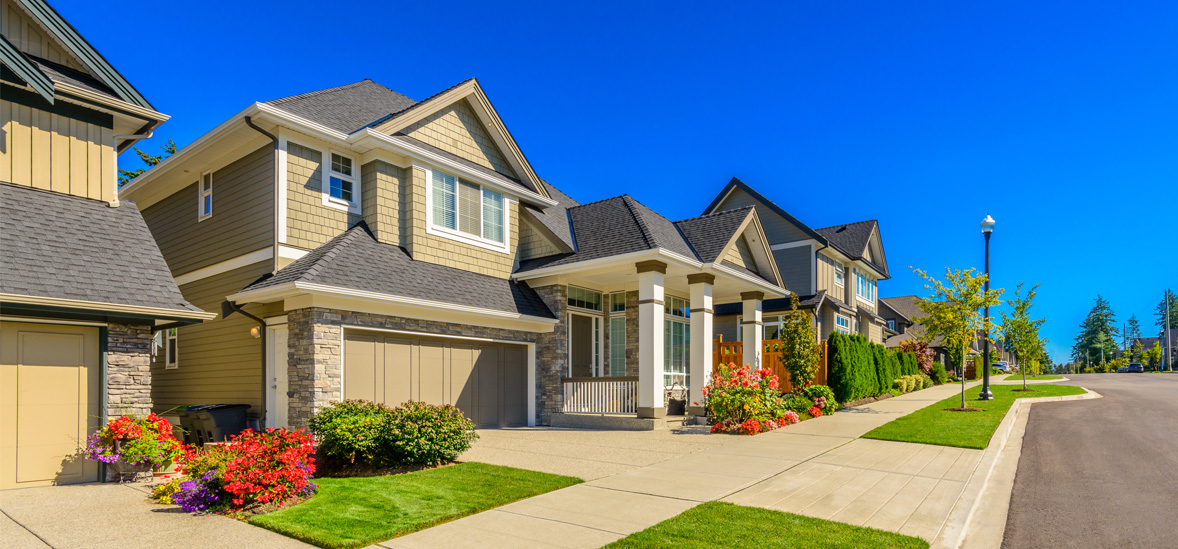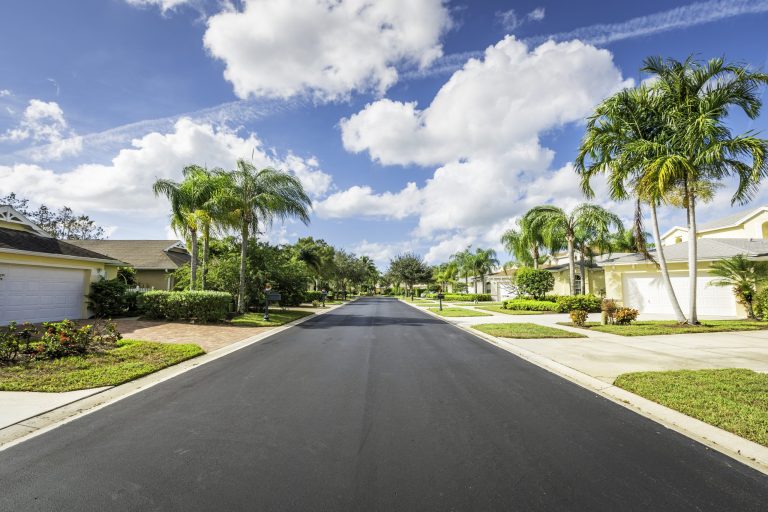The Essential Role of HOA Management in Upholding Community Specifications and Rules
Homeowners Organizations (HOAs) serve an essential feature in preserving area standards and guidelines, working as the guardian of common values and aesthetic appeals within communities. Their obligations prolong past simple enforcement; they foster a feeling of belonging and responsibility amongst locals. By carefully taking care of standards and addressing non-compliance, HOAs not only guard property values but additionally grow an environment where communication and cooperation can prosper. The performance of these management approaches increases important inquiries about governance, resident engagement, and the balance between policy and individual freedom. What ramifications do these characteristics hold for the future of neighborhood living?
Value of HOA Administration
The significance of reliable HOA administration can not be overstated, as it plays a crucial role in maintaining the total top quality and appeal of a neighborhood. Homeowners' Associations (HOAs) function as the backbone of residential communities, offering framework and organization that promotes an unified living atmosphere. With reliable monitoring, HOAs make certain that neighborhood requirements are upheld, consequently safeguarding residential or commercial property worths and boosting homeowners' lifestyle.
A well-managed HOA can facilitate open interaction among homeowners, address complaints immediately, and produce a feeling of belonging. It establishes guidelines and standards that reflect the area's values, making sure constant maintenance of shared rooms and features. Furthermore, effective monitoring help in monetary planning and resource allotment, which is essential for the sustainability of neighborhood projects and upkeep.
In addition, an efficient HOA can advertise area involvement by organizing events and promoting collaboration among residents - austin hoa management. This not just enhances relationships but additionally motivates energetic engagement in decision-making processes. Ultimately, reliable HOA monitoring is vital for growing a vibrant, attractive, and cohesive neighborhood that meets the needs and assumptions of its citizens
Secret Responsibilities of HOAs
Regularly, Home Owners' Organizations (HOAs) assume a variety of vital obligations that are necessary for the smooth operation and upkeep of a neighborhood. One of the primary obligations of HOAs is to handle the financial facets of the neighborhood, consisting of budgeting, gathering dues, and keeping reserve funds for future fixings and enhancements. This economic oversight makes sure that the community stays well-maintained and lasting.
Additionally, HOAs are accountable for maintaining typical locations, such as parks, pools, and landscape design. This entails routine upkeep, repairs, and improvements to ensure these areas continue to be attractive and useful for locals. Interaction is also a crucial aspect of HOA obligations; they must keep house owners educated about area information, upcoming meetings, and modifications to regulations or policies.

Moreover, HOAs frequently assist in area events and activities, fostering a sense of belonging and involvement amongst homeowners. They may also deal with management jobs, including record-keeping and compliance with state and regional policies. Via these obligations, HOAs play a crucial duty in advertising a well-managed and cohesive neighborhood, ultimately enhancing residential property worths and homeowners' quality of life.

Enforcing Community Requirements
To maintain a harmonious living atmosphere, HOAs play an essential role in imposing community standards. These criteria, generally outlined in regulating records such as the Declaration of Limitations, problems, and agreements (CC&R s), are made to preserve residential or commercial property worths, make certain aesthetic uniformity, and promote a sense of community amongst citizens. HOAs have to make certain that all property owners follow these guidelines to create a properly maintained neighborhood.
Enforcement systems can vary, but commonly include normal assessments of properties, communication with locals concerning offenses, and the charge of penalties for non-compliance. my link Such steps might consist of fines, demands for corrective activity, or, in severe situations, legal process. A positive method to enforcement not only hinders prospective infractions but additionally promotes a culture of liability among residents.
Furthermore, openness in the enforcement process is crucial. HOAs must clearly communicate expectations, criteria, and repercussions to all house owners. This clarity aids to mitigate misconceptions and ensures that citizens know their duties. Eventually, reliable enforcement of community requirements by HOAs is essential for preserving the total quality of life within the neighborhood and promoting the values that residents have invested in their homes.
Conflict Resolution Techniques
Efficient problem resolution methods are essential for maintaining a cooperative and tranquil neighborhood within property owners' associations (HOAs) HOAs typically act as the very first line of defense in attending to conflicts that develop amongst citizens. Carrying out positive communication practices is essential; this includes establishing clear networks for homeowners to voice problems and complaints. Routine meetings and community forums can promote open discussion, enabling Check This Out members to express check out here their point of views and seek good understanding.
In addition, mediation plays a substantial role in settling conflicts (austin hoa management). Neutral third-party arbitrators can help assist in conversations and guide celebrations toward a joint solution. This method emphasizes compromise and promotes a feeling of community, rather than enabling disagreements to escalate into contentious battles
Furthermore, establishing and implementing a clear collection of rules and procedures for managing problems is vital. These guidelines ought to be interacted properly to all residents, guaranteeing everybody comprehends the procedure for lodging issues and seeking resolution. Finally, supplying problem resolution training for board participants and area leaders equips them with the needed abilities to take care of disputes effectively, ensuring that conflicts are fixed agreeably and based on the area's criteria and laws.
Enhancing Building Worths
Maintaining unified partnerships among residents not just promotes a feeling of community but additionally plays a considerable role in boosting building values within homeowners' organizations (HOAs) Efficient HOA management makes certain that neighborhood standards and laws are supported, creating an atmosphere where residential or commercial property maintenance is focused on. Well-maintained usual areas, adherence to building guidelines, and punctual enforcement of guidelines add to an appealing area that attracts possible buyers.

Furthermore, regular upkeep and improvement tasks, such as landscaping and center upgrades, show favorably on building values. HOAs that properly handle spending plans to fund these campaigns demonstrate a dedication to long-lasting worth preservation.
Inevitably, an HOA that prioritizes neighborhood relationships and residential property standards produces a preferable living setting. This not only advantages existing locals however additionally positions the neighborhood positively in the property market, making sure that property values stay durable and attractive to future home owners.
Conclusion
To conclude, HOA monitoring is essential for maintaining neighborhood criteria and laws, thereby promoting a harmonious living atmosphere. Via the enforcement of standards, normal residential or commercial property assessments, and reliable problem resolution techniques, HOAs play a crucial function in boosting property values and promoting transparency among residents. The aggressive actions executed by HOAs not only safeguard the aesthetic stability of neighborhoods however likewise contribute to a cohesive atmosphere that supports open communication and cooperation amongst all homeowners.
Via reliable administration, HOAs make sure that neighborhood requirements are supported, thus safeguarding residential property worths and improving locals' quality of life.
Via these duties, HOAs play a crucial function in promoting a well-managed and cohesive community, ultimately boosting building worths and locals' quality of life.
Inevitably, efficient enforcement of community criteria by HOAs is crucial for maintaining the overall top quality of life within the neighborhood and upholding the worths that citizens have spent in their homes.
Offering problem resolution training for board members and community leaders furnishes them with the required abilities to manage disagreements successfully, guaranteeing that problems are fixed agreeably and in accordance with the area's requirements and regulations.
Preserving harmonious partnerships among citizens not only promotes a feeling of community yet also plays a substantial role in improving home worths within property owners' organizations (HOAs)